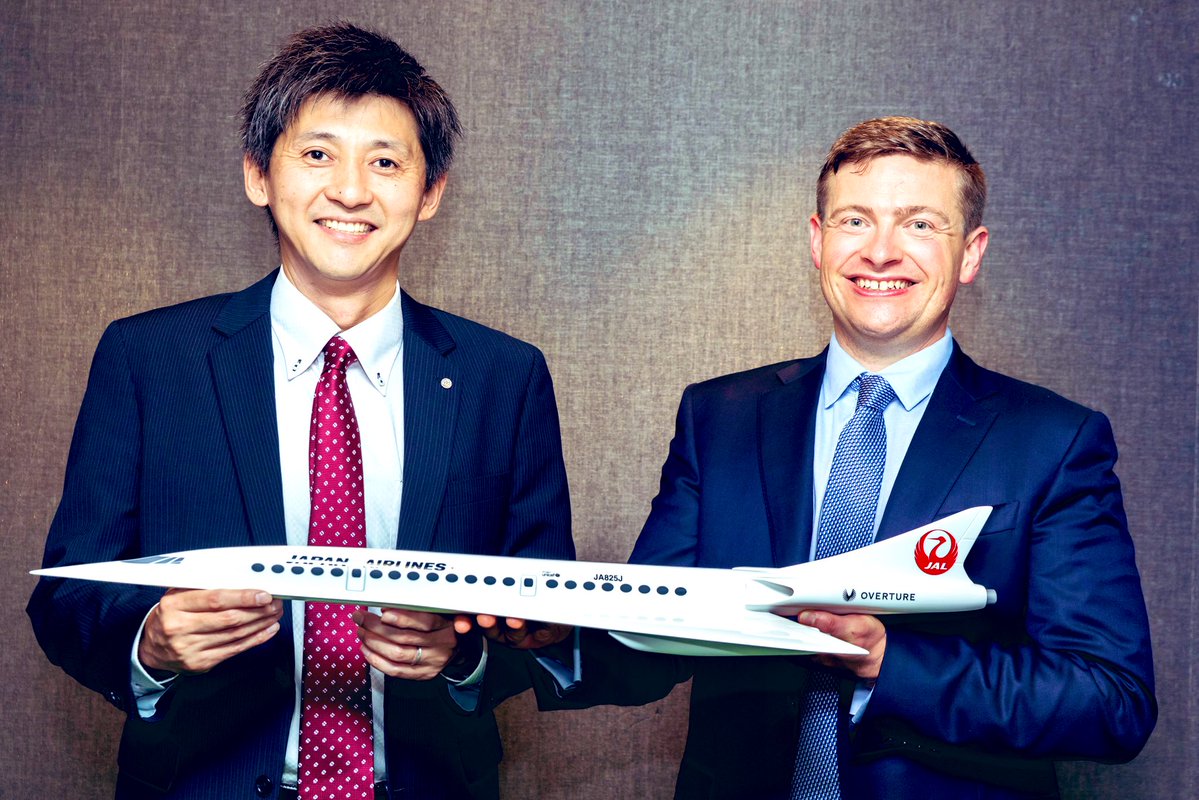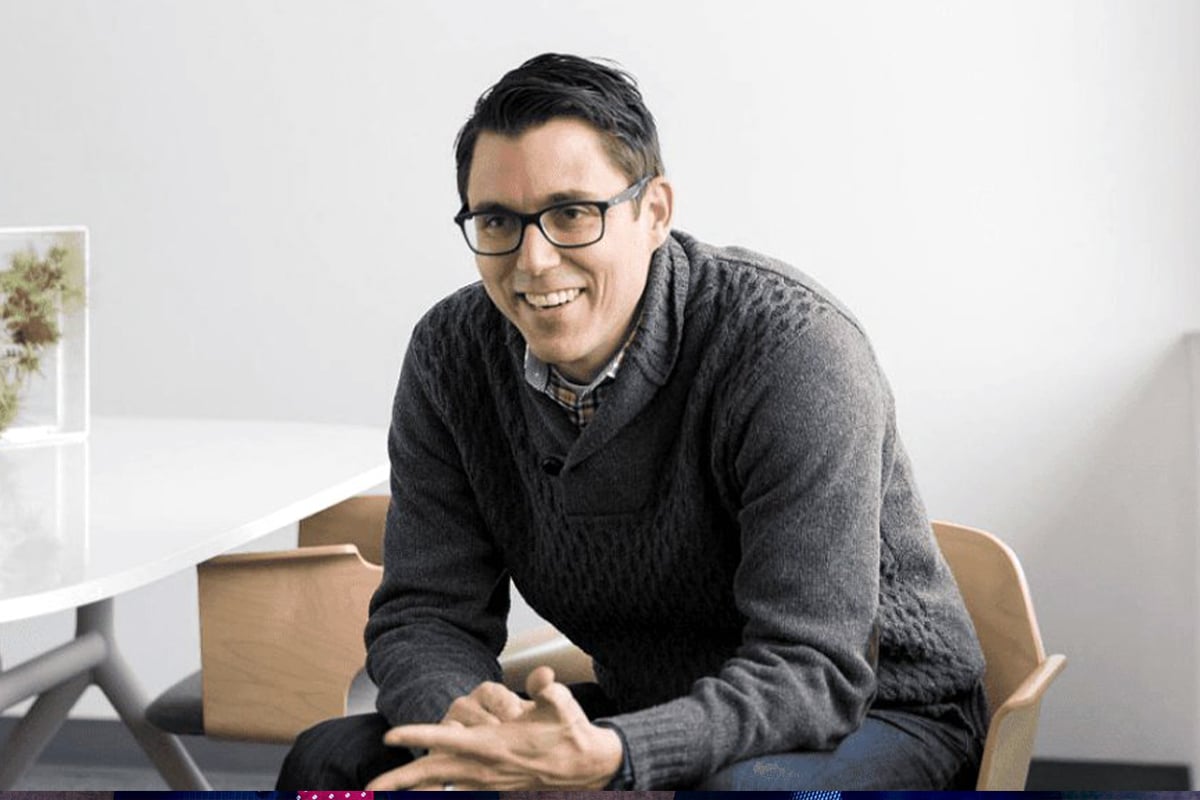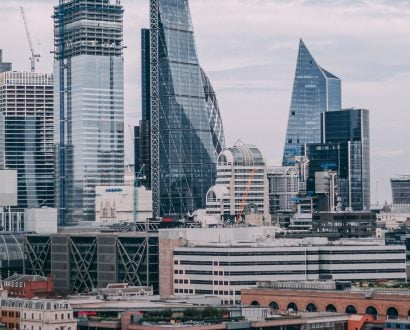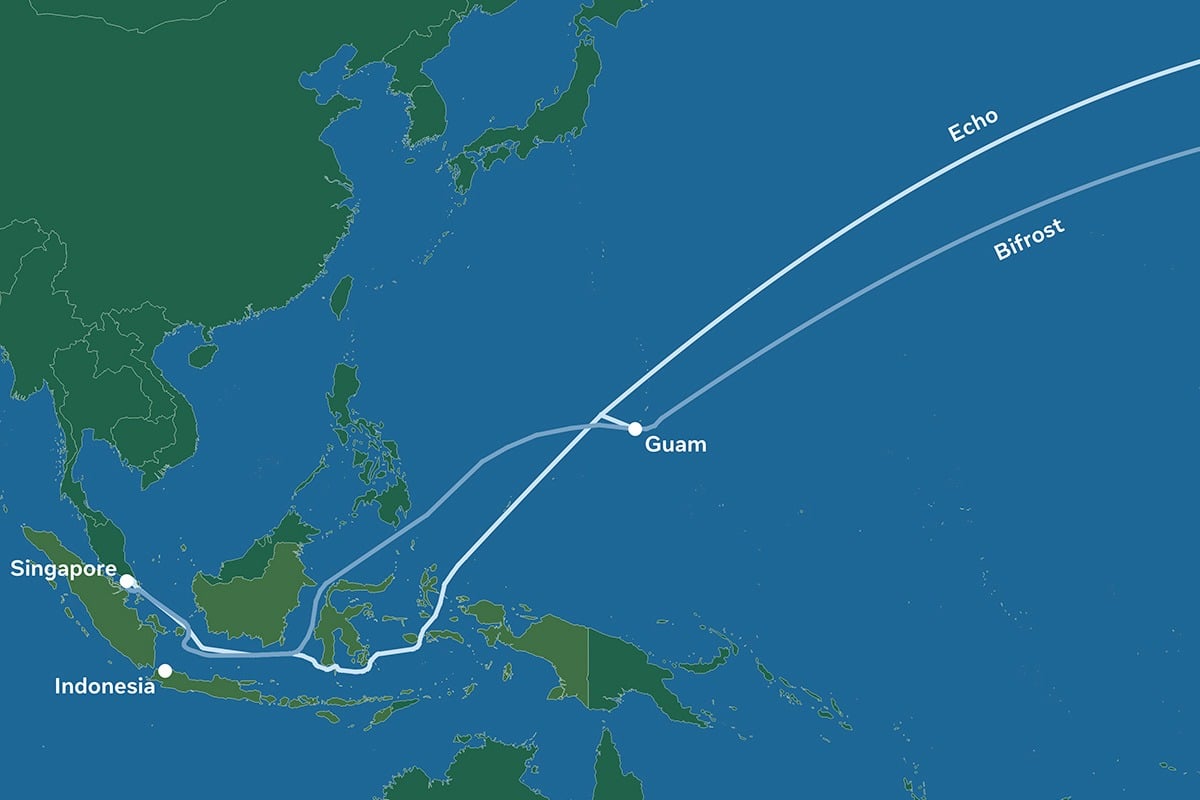Amazon announced on Wednesday that five transportation companies, including Uber and JetBlue, have joined The Climate Pledge, a commitment to be net zero carbon by 2040 – a decade ahead of the Paris Agreement’s goal of 2050.
Amazon Founder and CEO Jeff Bezos, the world’s richest person, last year pledged to make the world’s largest ecommerce company net carbon neutral by 2040, as employees and consumers around the world protested for broader moves to address climate change. Environmental activists welcomed that move but said that cutting all emissions related to Amazon, which delivers 10 billion items a year and has a massive transportation and data centre footprint, was a huge challenge.
The five latest companies to join Amazon’s Climate Pledge are Boom Supersonic, Cabify, JetBlue, Rivian and Uber, Amazon announced.
“By signing The Climate Pledge, companies around the world are making a bold commitment to help protect our planet from the devastating impacts of climate change,” said Bezos.
“The transportation sector plays a critical role in accelerating our carbon reduction goals, and we welcome Boom, Cabify, JetBlue, Rivian, and Uber as they join us on the journey to net-zero carbon by 2040.
“The 18 companies who have signed The Climate Pledge so far are demonstrating leadership in the vital transition to a low-carbon economy that will help preserve the environment for future generations.”
Boom Supersonic aims to redefine commercial flight by bringing supersonic travel back to the skies. Its historic airliner, Overture, is designed to industry leading standards of speed, safety and sustainability. In February, the company announced that the test program for its XB-1 demonstrator will be carbon neutral through the use of sustainable aviation fuels and high-quality, vetted carbon offsetting. Boom has also committed to making Overture a net zero carbon aircraft in development, testing and operation, and is a member of several organisations working to accelerate the adoption and supply of sustainable aviation fuels for the airline industry.
“In building the world’s fastest airliner, Boom is taking an all-encompassing approach to sustainability. Having made sustainability a company priority from day one, we have been able to build best practices of environmental protection into our programs since the beginning,” said Blake Scholl, Boom Supersonic Founder and CEO. “We are thrilled to join The Climate Pledge and to ensure that speed and sustainability are compatible with one another.”

Cabify is the only urban mobility app in Europe and Latin America to be carbon neutral by offsetting 100 per cent of all the carbon emissions it generates, from its corporate operations and for every ride booked through the app. It is also closely measuring and reducing emissions for its corporate activity and aims to electrify its transportation fleet in Spain and Latin America – by 2025 and 2030, respectively – to reduce its carbon emissions. The company is focused on increasing environmental protections and promoting renewable energies by working on large-scale efforts in Chile, Peru and Brazil using solutions like blockchain technology for carbon offsetting.
“Efficient urban mobility is key in the fight against climate change,” said Juan de Antonio, Cabify Founder and CEO. “Cabify wants to be part of the
solution, and that’s why for the third year in a row we have committed to offsetting the carbon emissions that our riders and operations generate while we continue to support the electrification of the fleets we work with. We’re pleased to join The Climate Pledge to continue to be transparent about our sustainability journey.”
JetBlue is the first airline to join The Climate Pledge, reaffirming the company’s commitment to taking measurable steps towards reducing its climate impact. In July 2020, it became the only US airline to achieve carbon neutrality for all domestic flights. It now expects to ramp up to more than seven million metric tonnes of CO2 emissions offset each year – the annual equivalent of removing more than 1.5 million passenger vehicles from the road. The airline continues to use lower-carbon technologies, such as sustainable aviation fuels, and build more fuel-efficient aircraft and operations. JetBlue began flying regularly out of San Francisco in July 2020 using a sustainable aviation fuel, which enables up to an 80 per cent reduction in CO2 emissions before being blended with traditional jet fuel.
“Air travel connects people and cultures, and supports a global economy. Our commitment to sustainability has become even more important as weprepare our business for a new climate reality,” said JetBlue CEO Robin Hayes. “We are proud to join The Climate Pledge and join a community of like-minded organisations dedicated to reaching net zero carbon by 2040. “The climate crisis remains one of the biggest threats facing our industry. Our planet is physically changing, as are the expectations of our customers, crew members, and investors. Now is the time to rebuild operations in more sustainable ways, such as adopting sustainable aviation fuel and setting clear strategies to reduce net aviation CO2 emissions.”
Rivian is launching a range of adventure-oriented vehicles, as well as delivery vans specifically for Amazon last-mile delivery applications. The company’s launch products, the R1T and R1S, deliver a unique combination of performance, off-road capability and utility. These vehicles use the company’s flexible skateboard platform and will be produced at Rivian’s manufacturing plant in Illinois, with customer deliveries to begin in June 2021.
“Rivian was formed to help build the kind of future our kids and our kids’ kids deserve. Rivian’s commitment to sustainable vehicle production in our consumer products and commercial vans is driven by this core objective,” said RJ Scaringe, Founder and CEO. “Addressing climate change requires individuals and entire industries to come together to create solutions that shift consumer mindsets and inspire other companies to fundamentally change the way they operate. We’re excited to join The Climate Pledge community that will share knowledge, ideas and best practices on this important mission.”

Uber has committed to become a fully zero-emission platform by 2040, with 100 per cent of rides taking place in zero-emission vehicles, on public transit or with micromobility options such as bikes and scooters. It had previously set a goal to provide 100 per cent of rides in electric vehicles (EVs) by 2030 in US, Canadian and European cities. The company has also committed to reach net-zero emissions from its corporate operations by 2030. To reach these goals, Uber is expanding Uber Green to make it easier for riders to choose to travel in hybrids or EVs; dedicating US$800 million in resources to help hundreds of thousands of drivers transition to EVs by 2025; investing in its multimodal network to provide sustainable alternatives to personal cars; and being transparent and accountable to the public along the way.
“Uber is taking this moment as an opportunity to drive a green recovery from the pandemic,” said CEO Dara Khosrowshahi. “We invite every company in the world to join The Climate Pledge and take action to reduce their environmental impact. Together we can more aggressively tackle the urgent challenge of climate change.”
In 2019, Amazon and Global Optimism co-founded The Climate Pledge, a commitment to reach the Paris Agreement 10 years early and be net zero carbon by 2040. There are now 18 organisations who have signed on: Amazon, Best Buy, Boom Supersonic, Cabify, Henkel, Infosys, JetBlue, McKinstry, Mercedes-Benz, Oak View Group, Real Betis, Reckitt Benckiser, Rivian, Schneider Electric, Siemens, Signify, Uber and Verizon.
“The Paris Agreement set out a unifying roadmap for all countries and all people to address the climate crisis by taking action,” said Christiana Figueres, the UN’s former Climate Change Chief and Global Optimism’s Founding Partner. “By joining The Climate Pledge, signatories are not just making a statement of commitment to the future, they also are setting a pathway to significant actions and investments that will create jobs, spur innovation, regenerate the natural environment and help consumers to buy more sustainable products.”
Signatories to The Climate Pledge agree to the following:
- Measure and report greenhouse gas emissions on a regular basis.
- Implement decarbonisation strategies in line with the Paris Agreement through real business changes and innovations, including efficiency improvements, renewable energy, materials reductions and other carbon-emission elimination strategies.
- Neutralise any remaining emissions with additional, quantifiable, real, permanent and socially beneficial offsets to achieve net zero annual carbon emissions by 2040.







